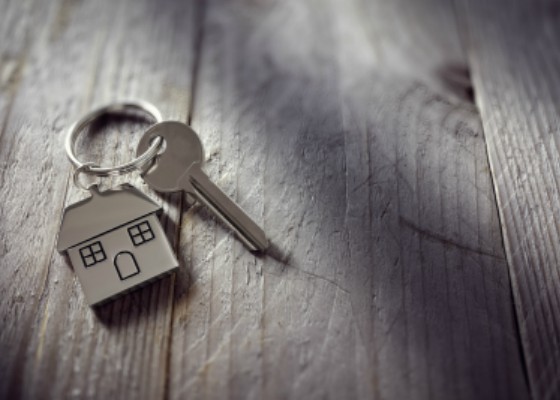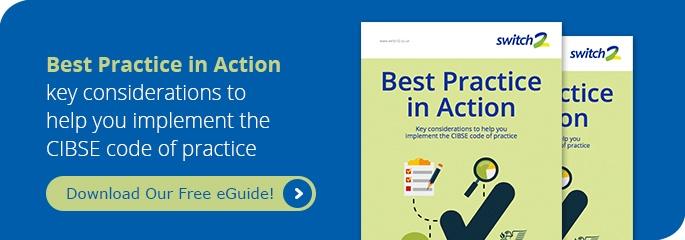A community heating scheme can bring enormous benefits to residents and the environment, but for the best results heat consumers need to be well informed, and shown how to get the best out of the system. Our blog looks at key topics to successful resident engagement.

To ensure the benefits of community heating are reaped; project developers should help educate residents through direct contact and written material before and after installation. They should cover the benefits of community heating and issues such as billing, communication and operation. Heat providers for new builds should provide residents with a full introduction, and this should also apply to any new residents moving into existing systems.
The bigger picture and heat networks
It is important for residents to understand that community heating systems are significant within the Government’s ambitions to meet the country’s climate change goals, as enshrined in the Climate Change Act 2008 and the global Paris agreement. Heat networks are expected to make a substantial contribution to reducing carbon dioxide emissions, and represent one of the few ways to reduce emissions from heating, which is still dominated by gas in the UK.
Renewable - or combined heat and power - community heating cuts greenhouse emissions and each resident is doing their bit for a sustainable world.
Understanding the pricing
Among the most important elements of any scheme is billing, and residents need to be made aware of pricing structure, especially if tariffs include a fixed price component. All consumers need to know what they are paying for, and a clear explanation can avoid confusion and improve collection rates. This can also help residents to control their expenditure more effectively and - as smart meters are introduced more widely - information on how to use them should also be provided in order to gain full benefit.
The Heat Trust resident’s watchdog organisation provides a comparison price, calculated to represent the cost of a conventional boiler usage at the same level. It is hoped that this will show how much money the resident is saving, helping educate them to the financial benefits of installing community heating.
Utilising the heating controls
It may seem like an obvious topic of discussion, but if a resident doesn’t understand their heating controls – they will not know how to operate their system effectively or to their own benefit. When a resident moves into their new home, or if a system has been upgraded, heat providers should take the time to deliver a thorough demonstration on how they should use their new heating equipment, showing them how to set their heating controls to optimise cost efficiencies but also the quality of heating. Leaflets or a user guide should be left behind, so that they can reflect upon it should they need to, and additional advice and support made available for later dates.
Maintaining and operating the system – whose responsibility is it?
Emergency and maintenance procedures should also be made available to residents, so they know what to do if they have problems with the system. Being made aware of planned maintenance enables residents to plan for any inconvenience. This helps give consumers a greater sense of security and control.
It goes without saying that effective communication is key to good relations between heat providers and residents. All heat consumers should be shown the options available to communicate with the heat system operators, which may include the use of social media or email.
Residents also need to know who to contact regarding questions over bills or other administrative issues, as well as the procedures to be followed in the case of late payments or payment disputes.
Takeaways
- To get the most from community heating systems residents need to be informed.
- There needs to be a clear understanding of billing structure, avoiding confusion and improving control.
- Residents should be shown, where possible, the savings they are making over conventional heating.
- Residents need to be made aware of procedures and communication channels.
- All should be educated to as to the contributing they are making to a more sustainable future, and what that means for the planet.



